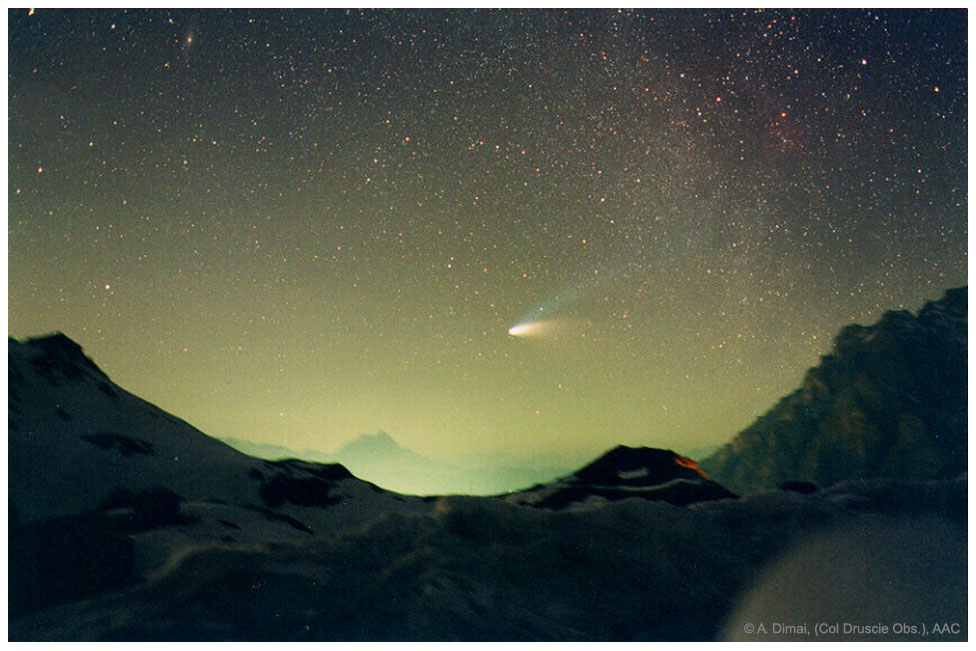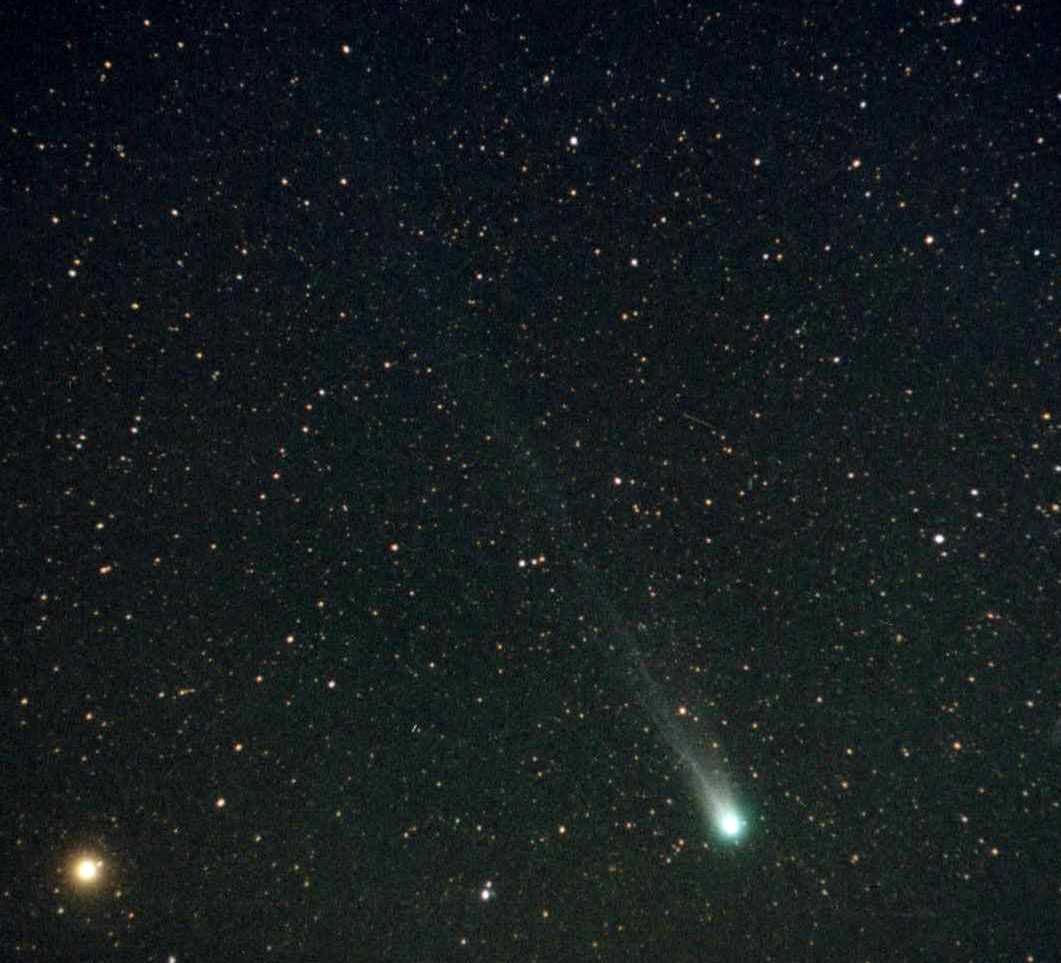

In a telling moment in the show’s opening sequence, the cast veers from a comic song introducing the numerous (and confusingly named) Russian characters by their attributes - Natasha is young, her cousin Sonia is good, her fiancé “isn’t here” - to a much more nuanced one. “But I love you/Of that there is no doubt/How else could all of this have happened?” Natasha sings, 'How else could we have kissed?/It means that I have loved you from the first/It means that you are kind, noble, and splendid/And I could not help loving you.” When Natasha finally succumbs to Anatole’s charms, she does so because the narrative of the two of them as star-crossed lovers (rather than two people who just want to sleep together) helps her make sense of her otherwise fractured and conflicting emotions.

But it also makes clear that the very thing Pierre is looking for - a sense of meaning and order to his life - is, to some extent, what Natasha is looking for, too. The musical’s tight structure, which veers between Natasha’s romantic misdeeds with the dashing but ultimately selfish Anatole and Pierre’s increasingly futile attempts to “wake up” from his unhappy life, intensifies our sense that Pierre’s quest for fulfillment is no less valid than Natasha’s, despite his far less “sexy” plot line. But, Malloy said, the “romance” on Pierre’s side isn’t between Pierre and another person, but between Pierre and God (or the universe, or the big something, or whatever you want to call it). (Think, for example, of Guys and Dolls, where the more earnest relationship between Sky Masterson and Sarah is paralleled by the comic relationship between Nathan Detroit and Adelaide). In a section of our interview that was edited down for length, Malloy talked about how a “traditional” romantic musical would have an “A” couple and a “B” couple, each of whose stories would complement the other. When I interviewed the show’s writer/composer (and original Pierre) Dave Malloy for the Village Voice last year, Malloy told me that the entire structure of Comet was designed to allow the show to parallel the story of the young Russian countess, Natasha, whose infidelity destroys her relationship with her absent fiancé Prince Andrei, with that of Andrei’s morose and disillusioned friend Pierre, looking for a way out from his existential malaise among the high society of Napoleon-era Moscow. Comet’s central relationship is between Pierre and God - and it works It was an ignominious end for one of the most exciting musicals of recent decades - one that reimagined Tolstoy’s epic classic for a new generation.ĭuring its run - at least, until its final weeks - the show drew plenty of praise for its treatment of race: The production’s color-blind approach to casting meant that actors of color played roles, including both the titular Natasha and Pierre, normally reserved for white actors.īut less appreciated, though no less vital, was the nuanced and skillful way the show handled religion, treating questions of faith and doubt with as much gravity as more concrete questions of romantic attachment. Last weekend, Natasha, Pierre, and the Great Comet of 1812 - Dave Malloy’s electro-pop adaptation of Tolstoy’s War and Peace - closed on Broadway after a casting controversy: The show’s producers had asked the male lead, Hamilton’s Okieriete “Oak” Onaodowan, who is black, to step aside early to “make room” for the more established (and white) Mandy Patinkin, who later withdrew from the production after social media backlash.


 0 kommentar(er)
0 kommentar(er)
